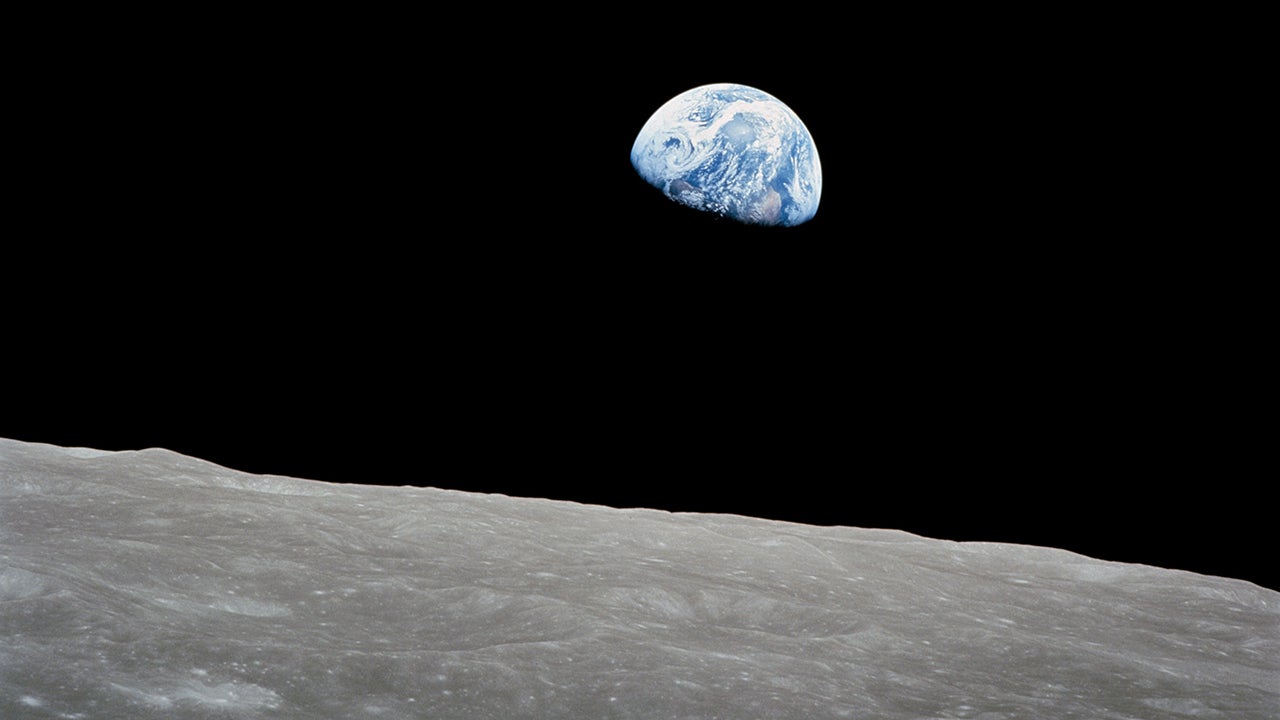Scientists are looking to create a lunar ark of cryogenically preserved animal samples on the Moon, all in an attempt to safeguard Earth’s declining biodiversity and support future efforts to terraform inhospitable planets.
Earth is the only world we're aware of that is known to play host to a magnificent and diverse abundance of life. However, a host of factors ranging from over-exploitation to climate change have forced biodiversity on Earth to plunge into a dramatic decline. Some scientists believe that we have entered a sixth mass extinction event of life on our planet, in which ecosystems are becoming destabilized and countless species face extinction threats that are accelerating at a rate beyond our ability to counter.
Now, an international group of scientists have come together to propose an ambitious decades-long endeavour which would see partners attempt to preserve our planet’s biodiversity by storing samples taken from across the animal kingdom in a vault on the Moon.
Several institutions already exist in the present day that specialise in storing cryogenically frozen living cells, which can potentially stay alive for hundreds of years before being thawed out. These can be analysed by scientists hoping to recover DNA, cells, or even entire organisms. The problem is that these Earthly facilities require expert human management and ready supplies of electricity and liquid nitrogen. On top of that, they are vulnerable to wars, natural disasters, and a host of other dangers.
A lunar arc situated near the Moon’s south pole, on the other hand, would be isolated from many of these threats, while simultaneously benefiting from the naturally stable -196°C temperatures present in permanently shadowed craters pitting the barren surface. According to the authors of a new paper published in the journal BioScience, these conditions would allow for the design of a passive, low-maintenance base with a reduced emphasis on active cooling technology and manpower relative to its terrestrial counterparts.
Of course establishing any such lunar vault would be a leviathan enterprise, requiring international backing and expertise from entities ranging from nations and agencies, to private and scientific partners. Alongside shouldering the inevitable cost, these partners would need to develop the hardware and technologies required to safely transport the samples to their new home on the Moon, and to ensure that they are adequately protected from solar and cosmic sources of radiation. The effects of microgravity will also need to be explored, potentially by sending samples for a prolonged stay aboard the International Space Station (ISS).
Once operational, the Moon vault would initially be used to preserve biological samples of species that face the greatest threat of extinction. However, the collaboration's overarching goal is to establish a biorepository that will house most of the animal species on Earth, before eventually extending to accommodate plant life.
Looking to the far future, the scientists hope that the arc specimens could one day prove useful to explorers hoping to terraform worlds for human settlement both in our solar system, and beyond. For more science news read up on SpaceX’s plan to bring down the ISS using a powered-up Dragon spacecraft, or find out about how scientists scanned the interior of an ancient tunnel extending beneath the surface of the Moon.
Image credit: NASA, Bill Anders.
Anthony is a freelance contributor covering science and video gaming news for IGN. He has over eight years experience of covering breaking developments in multiple scientific fields and absolutely no time for your shenanigans. Follow him on Twitter @BeardConGamer









